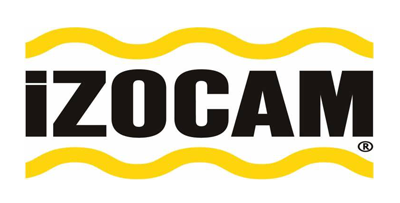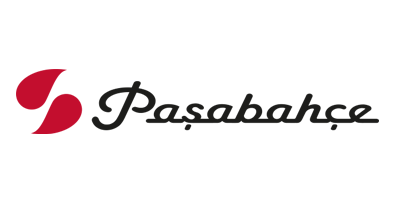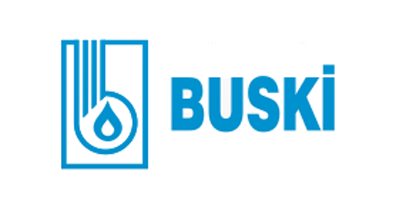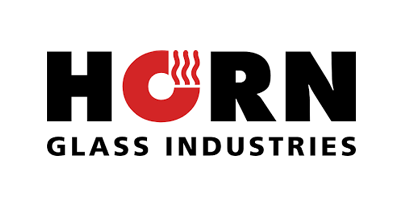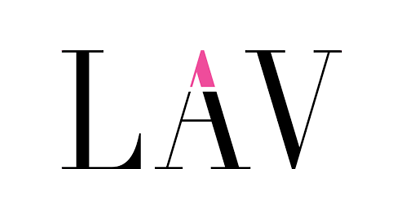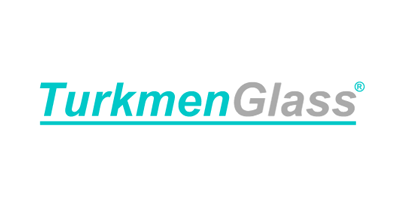Refractory Products
Refractory products are divided into different categories according to their production method and physical form. These categories may be determined as follows:
Refractory Products by Chemical Structure
This distinction is based on the chemical interaction of refractory products (for example, based on their response to the acidic materials). There are three basic distinctions:
- Acidic refractory materials : These refractory products are resistant to alkaline materials. Silica and zirconium are good examples of this type of product.
- Neutral refractories : These are chemically stable products which can resist both acidic and basic materials. Carbon graphite, chromite and aluminum are the main examples.
- Basic refractories : This type of refractory products can withstand high temperatures and corrosive gases. Magnesium, chromite and dolomite are amongst the examples of this category. The purpose of the industrial furnace will determine which type of refractory will be used.
Refractory Products by Manufacturing Method
This distinction is based on the method of production of refractory products. There are two main methods of production: dry press and hand shaping. Various manufacturing methods including melting, injection, and molding are also available.
Refractory Products by Physical Shape
Physical forms also form an important distinction for the refractory products. In this regard, we can say that there are two physical forms:
- Shaped refractories : These are delivered to end users in a particular shaped form. In this manner, the geometric shape is determined by the field of use. As a simple example, the rectangular shape of fire bricks can be shown. Standard size shaped refractories always produced by fabrication methods. If a special shape is needed for the project, hand-shaping method is preferred.
- Monolithic refractories : These are also known as amorphous refractory products. As can be understood from the name, they have no specific shape during the production phase. They are shaped during the installation. Refractory mortars are a good example monolithic refractory products.
The type of the refractory product needed will be determined by the project and the intended use. For example, in the iron and steel industry, basic refractory products will generally be preferred. A professional refractory company will determine the customer’s needs first and only then determine the type of the refractory product that is going to be used.
